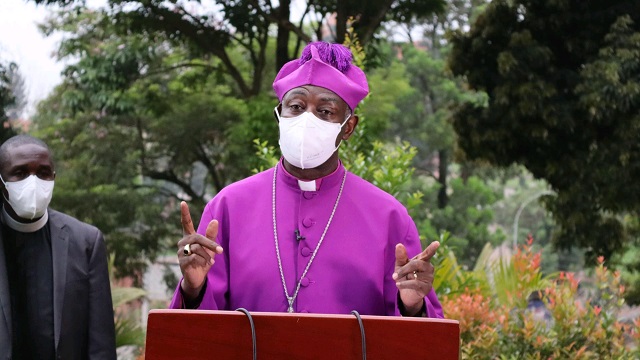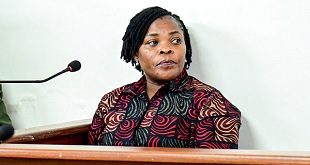
Kampala, Uganda | THE INDEPENDENT | More than three decades since affirmative action for women became national policy, there are concerns that it could be tilting the balance of opportunities against the male gender. In recent days, several netizens have cited the number of women holding key government positions, as a justification for the success of the women’s movement.
Currently, there are 13 female cabinet ministers, including the Prime Minister and two deputies out of the 31 member cabinet. These are in addition to 22 state ministers out of 49, which brings the ratio of female ministers to about 45 percent.
This is in line with the constitutional provision requiring that women hold not less than a third of all political offices including in parliament. Currently, 146 seats in parliament are reserved for women district representatives, and a total of 180 MPs including directly elected representatives of special needs groups like persons with disabilities, the elderly and the army.
The Church of Uganda Archbishop Samuel Stephen Kaziimba Mugalu says that the list of high political offices and state agencies headed by women, including that of the vice president, is impressive. He however says that this is also because women have some more gifts that give them an edge over men, including trust.
In 1986, the NRA government introduced a grassroots administrative structure of nine people at each level from the village upwards, and it provided for a third of the committee at each level to be occupied by women. It also introduced a Secretary for Women Affairs, as one way of ensuring women’s affairs are specially taken care of.
This was the foundation for the affirmative action that was later inserted in the constitution. Apart from the leadership positions, students joining tertiary institutions of learning after high school were given an additional 1.5 points on their final score, so as to have more girls join university.
A study published by Researchgate.com about women’s emancipation in Uganda shows that at least two-thirds of households say their daughters would not have joined university education had it not been for the policy. The study dubbed Affirmative Action and Women in Uganda’s Public University Education, however, says the policy has not been all-inclusive, the reason for growing inequality among the women.
“Sixty-six per cent of the sampled population would not have been admitted, had it not been for Affirmative Action. But the policy did not work for the historically disadvantaged; it worked for specific categories of women from specific regions, districts and high schools; on grounds that it was implemented for competitive reasons,” says the abstract.
Archbishop Kaziimba suggests that it is time to think about focusing more resources on the boy-child for fear that the balance of opportunities could be tilting against them.
One of the prominent people to have shined under the affirmative action for women in leadership is Miria Matembe, who joined parliament in 2001 as a woman representative for Mbarara district, a seat she lost in the following election.
She has also been a leader in many women’s movement organisations, championing the rights of women and the girl child. Asked about her view on the current status of women and what she thinks about the boy child as proposed by the Archbishop, Matembe said this was not the most important issue today because there are still a lot of injustices in the country.
She said it was the duty of parents to care for the success of their boy children, and instead cited the plight of the girls as highlighted by the COVID-19 pandemic.
The Archbishop appealed to women who become successful to use their resources to help men where need be, adding that most times it is not easy for a man to be open about what they are going through, because of societal traditions.
*****
URN
 The Independent Uganda: You get the Truth we Pay the Price
The Independent Uganda: You get the Truth we Pay the Price



The author of the study “affirmative action and women in uganda’s public university education” is Dr Geoffrey Odaga. The study was published in the international journal of Higher education policy. It was not published by research gate.
Dr Geoffrey Odaga, author